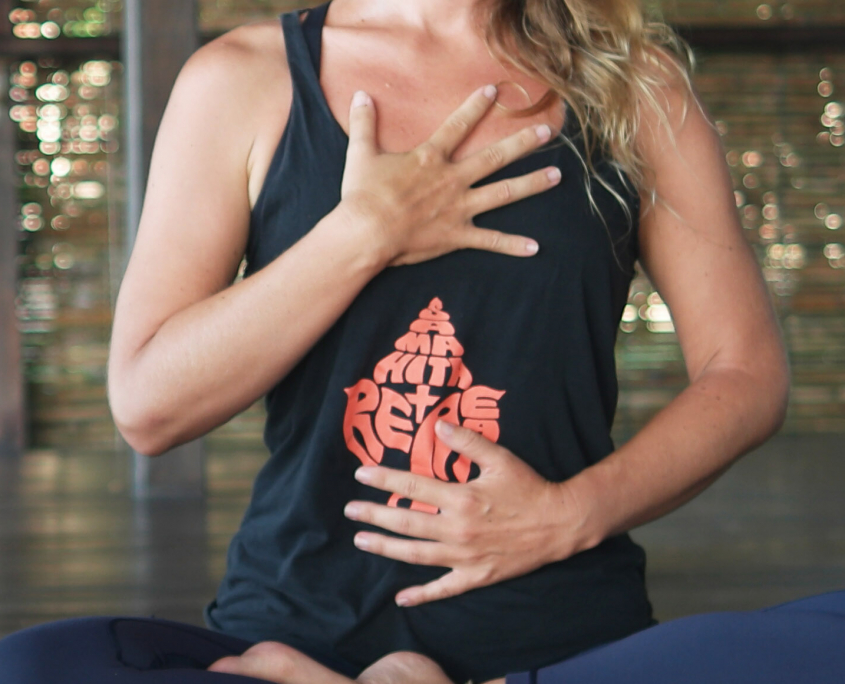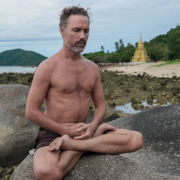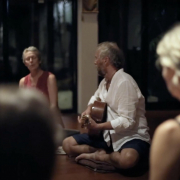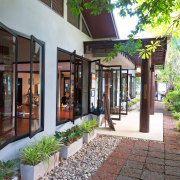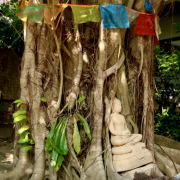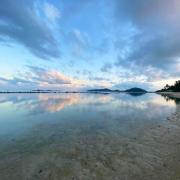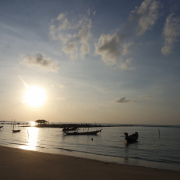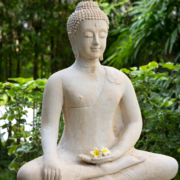 https://samahitaretreat.com/wp-content/uploads/2023/11/IMG_5161-scaled.jpg
2560
1707
Kirsten Mia
http://samahitaretreat.com/wp-content/uploads/2024/01/samahita-logo-v2.svg
Kirsten Mia2023-11-01 03:57:462023-11-02 06:11:16The Buddha, the Dharma, the Sangha
https://samahitaretreat.com/wp-content/uploads/2023/11/IMG_5161-scaled.jpg
2560
1707
Kirsten Mia
http://samahitaretreat.com/wp-content/uploads/2024/01/samahita-logo-v2.svg
Kirsten Mia2023-11-01 03:57:462023-11-02 06:11:16The Buddha, the Dharma, the SanghaThe Capacity of the Human Heart
How fascinating it is that the human heart, the muscular mega-pump that delivers oxygenated blood around our bodies and the center of our circulatory systems, is also the center of our emotions. Its emotional capacity is vast, from the ability to feel love, compassion and to care very deeply, to sadness, pain, anger and even hate.
“The ability to have compassion for others depends first on our ability to be in touch with our yearnings and pain. Pain opens us to deeper understanding of others and expands our own limited being.” – Anodea Judith
At a recent visit to Cambodia I stood at a mass grave of 450 people at one of the main killing fields, feeling physical pain in my heart, as tears started to roll down my face. It was too much endure for long. I wondered how I could feel so deeply for something that happened in another country 40 years ago, to the point of feeling genuine pain. I knew about the atrocities that occurred there before going. So what was it that I was experiencing while I was actually there at the site of all the violence? Pain for those that suffered. Utter sadness at the brutality possible from one human to another. Grief for the country. Fear that we are no better in the world right now. All of it. I wondered what happened the perpetrators hearts to be able to murder their fellow country-men, women and children.
These were the thoughts that stayed with me as I walked around, sensitive to the dark energy of the mass graves, staring in disbelief at the piles of skulls in the memorial temple, and for long after. It made me think about the full capacity of the human heart and the influences that determine whether the emotional heart develops with compassion, kindness, caring, versus being blocked-off to love and harboring hate.
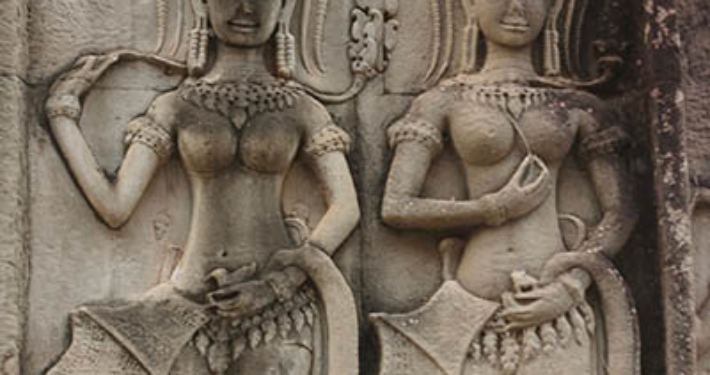
Naturally the violent acts came from somewhere. In this case the power-hungry Khmer Rouge recruited poor villagers, often teenagers, and trained them to torture and kill in the name of Communism vs. Capitalism. The villagers joined out of fear of not having other options in life, with anger instilled in them against city people who were painted as capitalists stealing all the wealth. It was fear and anger that fueled the hate and violence. Turning people against each other from a pointless cause — how many times has this happened in human history and continues to take place today. The ‘them and us’ approach used to divide and pit people against each other, which never seems to work except to benefit those with the mission. We can do better, I know.
“The good news is that “us and them” does not have to mean “us versus them.” Instead, it can remind us of the ancient tradition of hospitality to the stranger and give us a chance to translate it into twenty-first century terms. Hospitality rightly understood is premised on the notion that the stranger has much to teach us. It actively invites “otherness” into our lives to make them more expansive, including forms of otherness that seem utterly alien to us. Of course, we will not practice deep hospitality if we do not embrace the creative possibilities inherent in our differences.” ~ Parker J. Palmer’s Habits of the Heart
The reality is, we all have the ability to love or to hate. We might think we are above violence of that sort, but how many little ways do we contribute to the harm of others every day in our words or thoughts? Hate for a politician, or a criminal, or a racist, is still hate. I know I have had those thoughts and feelings and said I hate something. It doesn’t feel good. It separates and divides. Whereas there is nothing more beautiful than feeling deep love. And in a state of feeling love it’s practically impossible to feel hate. It also goes that as hate fuels hate, as does love fuel love. Love can be cultivated simply by practicing giving more love.
Is love all we need though? How do we lift a country out of racism, for example, if not by fighting it? Activism with compassion, understanding and action is a way that many teach. I can despair at the sad state of the world and unending brutalities but I can also marvel at the continued movement towards positive activism and an openness within myself and others to learn and live the philosophies that promote compassion over violence. Yoga teaches ‘ahimsa’ or causing the least amount of harm on the world. Buddhism teaches compassion for all. The original concept of all religions contain some ideology around treating all people with kindness. Easier said then done but I believe it’s up to all of us individually instead of relying on leaders to show the way. We are the ones that need to learn how to develop a kind heart, and to lead by example by actually practicing kindness in the place of fear and anger. Feeling the pain of ‘the other side’ and attempting to dismantle those barriers, those walls. Cultivating the heart in the right way by being mindful of the words we use, the thoughts we have about others.

There are many reasons for the heart to become bitter, blocked, contracted and unable to express its full capacity of love. Childhood trauma, abuse or neglect for sure contribute to difficulties expressing the full capacity of one’s heart. In the book Eastern Body Western Mind, the author, Anodea Judith, describes how abuse and lack of love growing up can affect someone:
“Abuse is the antithesis of love. If we do not get the love we need, we lack the basic ingredient necessary to assemble ourselves…Abuse interferes with our love of life. If life hurts, or is lonely, rejecting, empty, hostile, or dangerous, then we do not want to relate to it. Life becomes a painful experience, a process to be endured. We no longer love being alive; we no longer meet life with hope and enthusiasm. We become withdrawn, depressed, blocked.”
An unsteady foundation as a child therefore can lead to an adult walking around with a deep sense of not feeling good enough, perhaps trying to do good in the world, but really inside suffering with a deep dislike of themselves. The author adds:
“The most common block in the heart chakra is the absence of self-love. How can we have intimacy with others if we are distanced from our own self? How can we reach out to others when we are drowning in shame and criticism? How can we maintain balance between ourselves and others if we have no balance within? How can we treat another with respect if we treat our own selves abusively?”
Experiencing hatred and discrimination anytime in life can of course cause someone to live in fear that easily turns into anger and hatred. They can hardly be blamed. But when you are able to overcome fear and to learn self-love, you gain courage and empathy. For those of us privileged enough to not be experiencing discrimination, violence, hatred or oppression in our lives we can make efforts to take care of our hearts and to heal what needs to be healed within ourselves, which naturally has a positive affect on others.
To practically develop the full capacity of our hearts and to overcome its shadow side involves effort — to practice care, to practice love, to be kind, to be active in its cultivation. Therapy can be useful for dealing with past pain. While yoga, breath work and meditation are all shown to help overcome healthy heart blockers such as stress, anxiety and depression by improving vagal tone. The vagus nerve reports back to our brains what’s going on in our organs, including the heart, lungs and gut. “Stimulation of the vagus nerves by yoga based practices, corrects parasympathetic nervous system under activity leading to correction of GABA under activity” – Paul Dallaghan. GABA is an amino acid that acts as a neurotransmitter in the central nervous system, inhibiting nerve transmission in the brain and calming nervous activity.
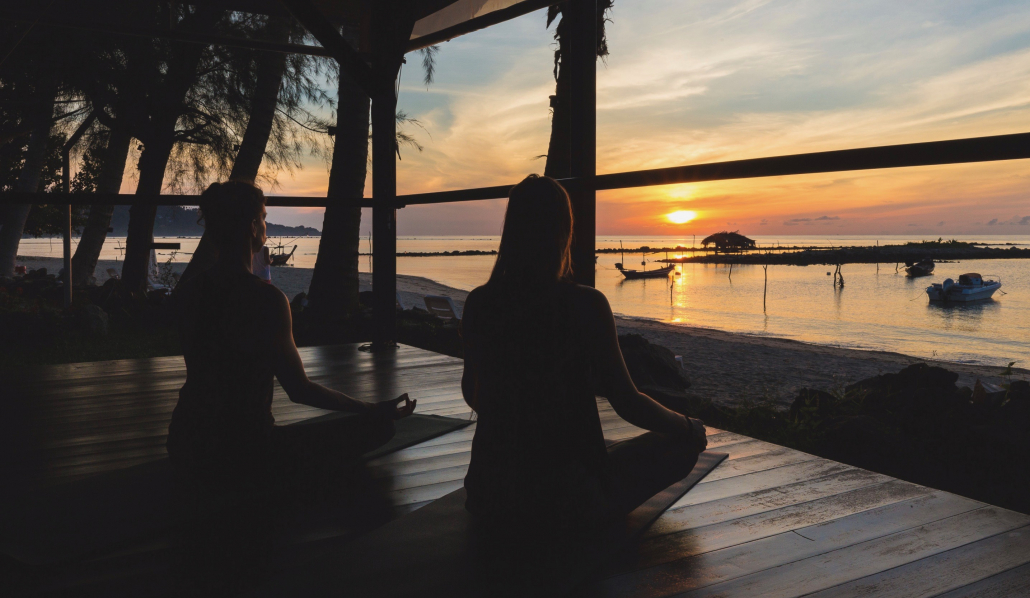
One such practice, the daily contemplation that we teach at Samahita is a powerful way to cultivate a kind heart. A short daily practice that first focuses on gratitude for all in our lives. Then looking at forgiveness, asking for it from others and saying sorry, and offering it to others and to ourselves, to clear our hearts from pain, guilt, shame. Finally, asking for guidance to lift ourselves up out of our own tiny worlds, asking guidance to be kinder, or whatever help we need in life. Self work and self kindness every day in these small ways is a starting point.
“When you are able to get out of the shell of your small self, you will see that you are interrelated to everyone and everything, that your every act is linked with the whole of humankind and the whole cosmos. To keep yourself healthy in body and mind is to be kind to all beings.” – Thich Nhat Hanh
The feeling I experienced at those mass graves, that real pain, was good in my mind. It was a shocking reminder how connected we all are and how important it is to care. It has inspired me to check myself, to commit to cultivating a caring, kind heart, one that cares enough to attempt to understand, but also to act. We need bridges not division. A slightly hateful heart can become more hateful, closing off the heart’s beautiful capacity for love. Whereas a heart that continues to grow and expand is far less likely to hate and only contributes to more love in the world. Let’s love our human hearts and work to use their full capacity, unblocking, clearing, healing and cultivating kindness to others. Life is too short not to.
“With humility, with awareness of the existence of life, and of the suffering that are going on around us, let us practice the establishment of peace in our hearts and on earth.” – Thich Nhat Hanh
More from the Samahita Blog
